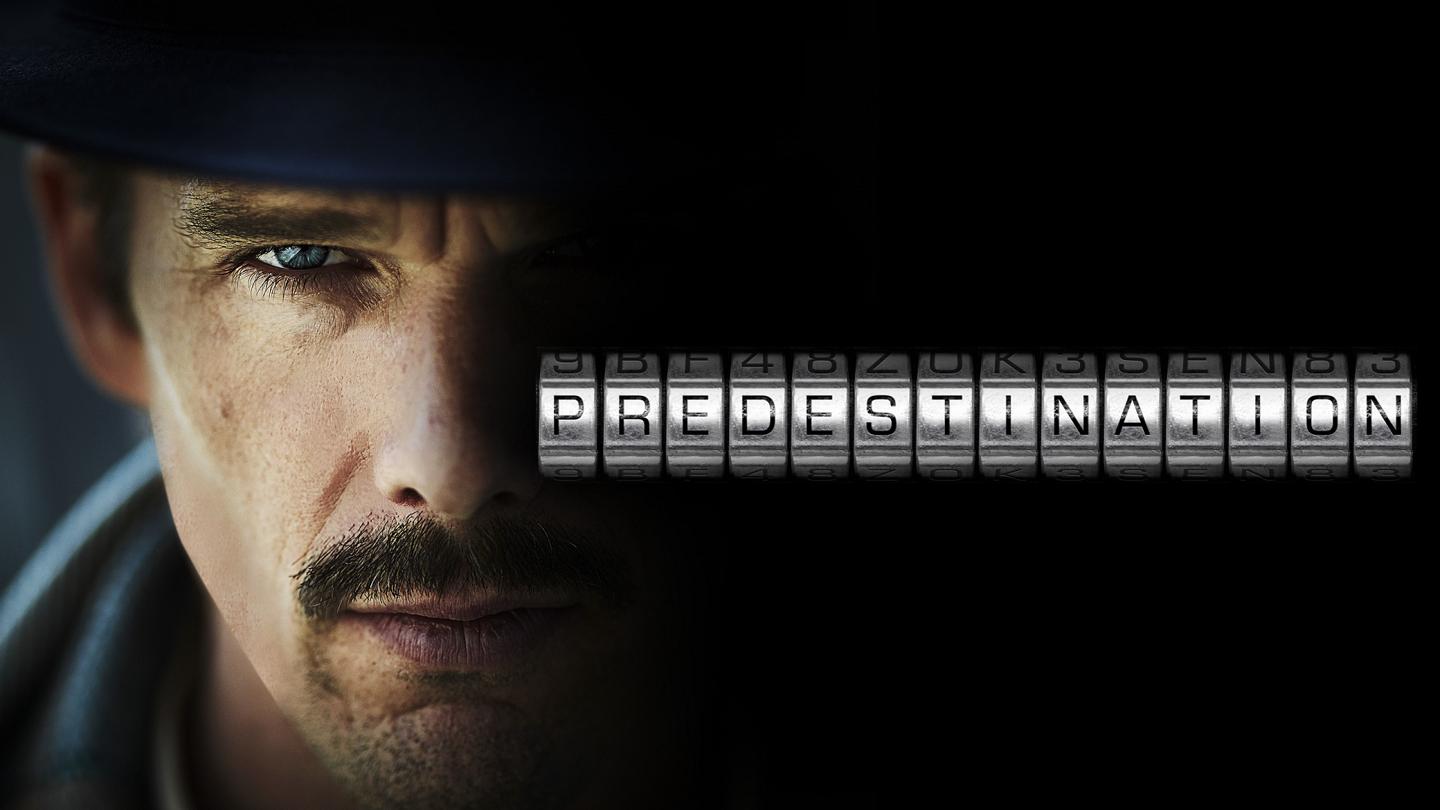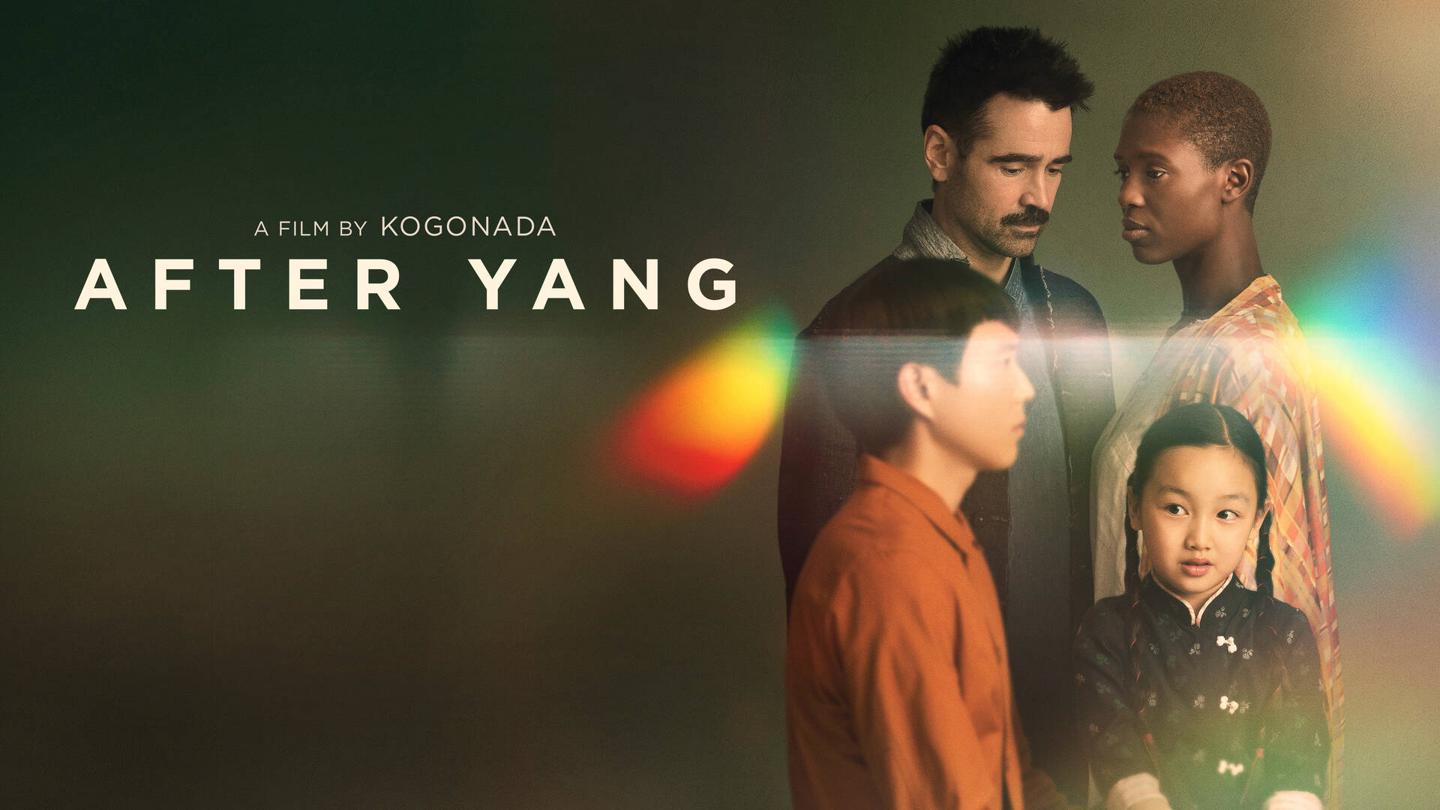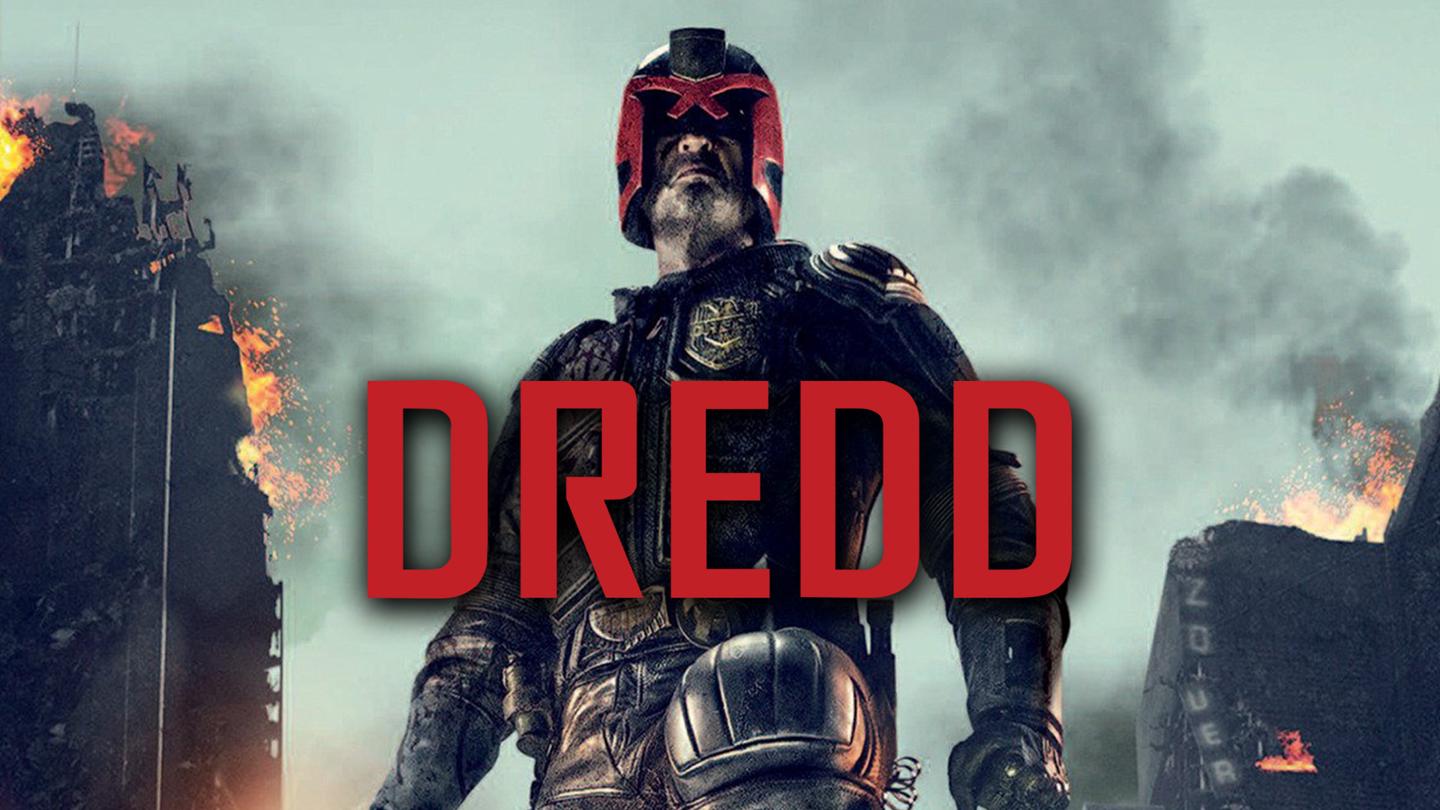
Quick Info
I revisited Predestination recently, and wow, I forgot how much brainpower this movie asks for. For a film that clocks in at about 97 minutes, it manages to disorient, intrigue, and mess with your sense of time and identity in a way that’s both fun and frustrating. The Spierig Brothers take on a Robert A. Heinlein short story and spin it into this tight, twist-heavy sci-fi full of mood lighting and plot knots.
First things first, this isn’t a popcorn sci-fi flick. From the opening, it feels more like a slow-burn noir than a traditional time-travel movie. We start with Ethan Hawke as an anonymous “Temporal Agent” sent on a mission to stop a terrorist called The Fizzle Bomber. But before we get any action, the movie switches gears into what’s essentially a lengthy bar conversation between Hawke and a mysterious patron (played by Sarah Snook, who is out of this world in the role).
The real surprise here is how much emotional weight is packed into the middle third. Sarah Snook delivers a ridiculously layered performance, shifting between loneliness, hope, rage, and vulnerability sometimes in the span of minutes. Honestly, she steals the film from Hawke, who plays straight man to her emotional chaos. The bar conversation in the first act is gripping just because of how the actors bounce off each other. You’re never entirely sure who’s telling the truth, and the film milks that tension for all it’s worth.
About halfway through, Predestination almost dares you to guess where it’s headed. But unless you’ve read the Heinlein story or have a sixth sense for sci-fi puzzles, the rug will probably get yanked from under your feet. The storytelling style is almost elliptical; it circles back, adds new meaning to old scenes, and dares you to keep up. Sometimes it flirts with being a bit too clever for its own good. There are moments when you can feel the screenplay flexing, like it’s proud of itself for how convoluted it’s become.
Visually, the movie makes the most of its modest budget. The production design is smartly restrained, using dim bars, sterile offices, and rundown apartments to evoke a sense of place without overreaching. The color palette is a little washed out and clinically cool, which suits the detached, almost melancholic tone. It’s not exactly a visual feast, but it feels deliberate and focused. There’s a kind of lonely minimalism to it that fits the story’s themes of isolation and time lost.
On the flip side, the pacing does drag in places, especially during the character backstory scenes. After the intrigue of the opening, the relentless dumping of exposition threatens to lose you. I found myself wishing for a little more variety in the settings or a few more external stakes, because for a while, it’s just people sitting in rooms telling each other stories. That’s bold, but it’s definitely a gamble.
Where it all lands depends a lot on how patient you are with twisty, high-concept sci-fi. The finale doubles down on its central paradoxes and leaves you feeling both impressed and a bit shell-shocked, but it also relies heavily on suspension of disbelief. If you like your sci-fi with more character work and less spectacle, this hits harder than you’d expect. But if you’re coming for kinetic set-pieces or explosive action, you’re in the wrong place entirely.
In the end, Predestination is a rare kind of time-travel story. It’s more about longing, regret, and selfhood than gadgets, chronology, or saving the day. I respect the audacity of how tightly everything fits together, even if I wonder if it’s maybe a little too airtight for its own good. You finish it wanting to rewatch immediately, partly to catch what you missed, and partly to convince yourself that what you just saw really makes sense.
The R8 Take
If you love a cerebral sci-fi puzzle like Primer or are the sort of person who rewinds movies to check for clues, you’ll admire Predestination, even if it ties you up in knots. It’s intense and purposefully weird, so don’t expect easy answers, but it’s one of the better low-budget mind-benders out there.



